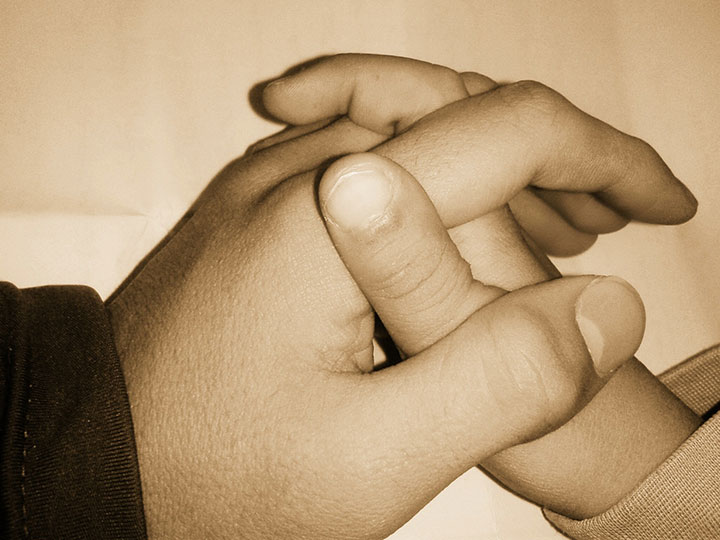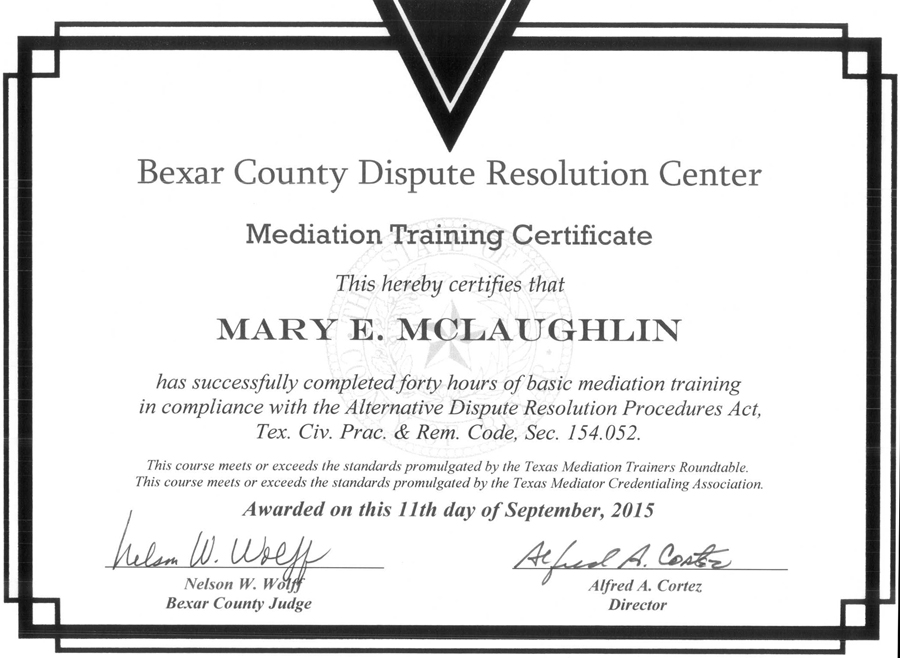Child support is court-ordered in divorce and other types of parenting cases, when the child has one custodial and one non-custodial parent. In many cases, that support is paid every month by the non-custodial parent without problems. But there are some cases where the non-custodial parent is refusing or unable to pay child support for any number of reasons. Understanding why that can happen and what recourse the custodial parent has to receive the funds they are entitled to is very important.
What to consider when someone is refusing or unable to pay child support
The Child Support Enforcement Act
In 1984, this Act was created. It allows for district attorneys to help custodial parents collect child support that has been ordered by the court. Generally, the attorney will serve papers to the parent who is refusing to pay. These papers will order them to set up a payment arrangement by meeting with the district attorney. If the parent refuses to do this, and no payment arrangement or meeting occurs, there is the possibility of jail time due to failure to pay child support. There are some arguments as to whether this is a good idea, though, because a parent who is in jail is not able to work to pay their child support obligation.
Jail Time Is Not the Only Option
Because most district attorneys turn to jail time as an absolute last resort, there are other ways in which child support payments can be enforced. These include:
- Seizing a parent’s property
- Garnishing a parent’s wages
- Withholding a parent’s federal tax refund to “catch up” back payments
- Revoking a parent’s driver’s license
- Suspending a parent’s business or occupational license
None of these options are ideal, but they are ways someone refusing or unable to pay child support can be made to comply without jail time. For those parents who owe over $2,500 in delinquent child support, the US Department of State may also deny a passport application or renewal. The idea behind that is to reduce the risk that the parent will leave the country in order to evade their child support obligation.
Failing to Pay Can Mean Contempt of Court
When someone is still refusing or unable to pay child support, they can be held in contempt of court. This occurs due to the fact that they failed to follow a court order requiring them to pay to support for their child. While jail time and contempt of court charges are not common, they are certainly possible for parents who are extremely non-compliant. Regardless of the actual choices made for enforcement, t is very important for a parent to realize that they have options when the other parent is not meeting their child support obligation.
All Non-Custodial Parents Must Generally Pay Child Support
In the vast majority of cases, the parent who does not have the child living in their home must pay child support. There are always exceptions to the rule, but ensuring that a child is properly cared for by both parents, at least in a financial sense, is part of the law. In the case of a non-custodial parent who lives in another state and is refusing or unable to pay child support, the Uniform Interstate Family Support Act can be used to seek legal recourse and enforce payment of court-ordered support, as well.
If you have any questions please contact us for an appointment and we will be happy to answer any questions you have about child support.





